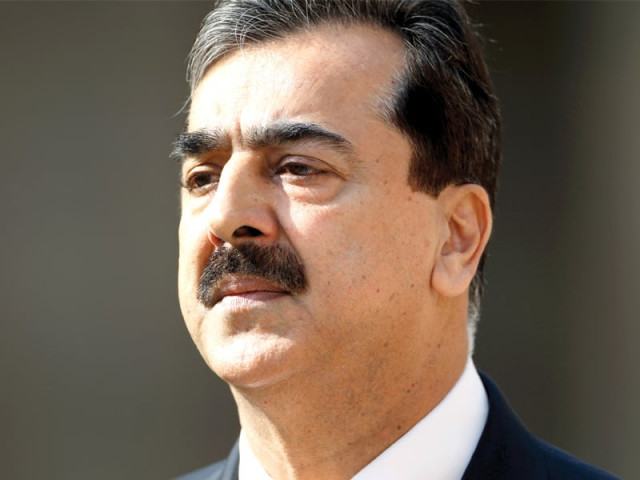Emotion and logic
One slight to our honour should not be enough for us to take emotional decisions that we eventually come to regret.

In this case, taking a calm decision over the future of our relations with the US was certainly the right thing to do. But more than the civilian government, it is the establishment which needs to learn this lesson. For too long now, it has been guided by pure emotion rather than strategic concerns. From the occupation of Siachen to the insistence on asking the US for an apology for the Salala killings, it seems as if the whole issue of honour was being managed (to use a euphemism) by the military establishment. That has meant a lot of emotional chest-thumping and rhetoric when what was really needed was realism and pragmatism. The military, too, would do well to heed the prime minister’s sensible words in the future.
The country as a whole, in fact, could do with a lot less emotion. Phenomena like honour killings stem from emotion, not rationality. The anti-Americanism that permeates our body politic is again spurred by an emotional sense that the US is our enemy. We come to that conclusion without rationally considering the political and financial benefits of an alliance with the US or ever look at the damage our country would suffer should we completely break off ties with the Americans. These are decisions that need to be carefully considered because their effects will be felt for a number of years. One slight to our honour should not be enough for us to take emotional decisions that we will eventually come to regret.
Published in The Express Tribune, May 18th, 2012.















COMMENTS
Comments are moderated and generally will be posted if they are on-topic and not abusive.
For more information, please see our Comments FAQ